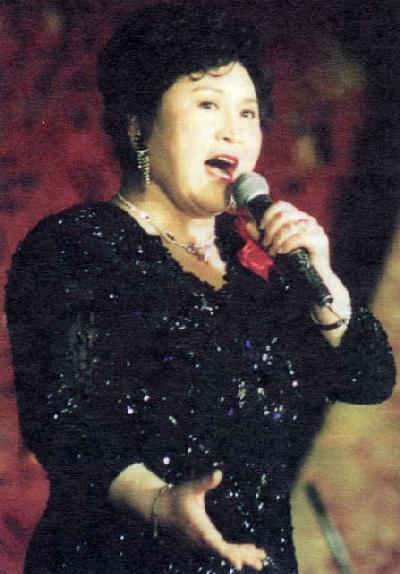The Story of Wu Song
The Story of Wu Songis one of representative works of ShandongKuaishuby notedShuochangartist Gao Yuanjun.
The Story of Wu Songwas derived from the novelShui Hu(Outlaws in the Marsh). The story has 16 chapters and tells the life of the hero Wu Song from his birth to how he was forced by cruel officials to become an outlaw. The story is full of humor, and exudes a clear sense of right and wrong. The episodeWu Song Fights the Tiger, also calledMt. Jingyang, was one of the most popular episodes. The whole script was published by the Chinese Quyi Publishing House in 1987.
The performance ofThe Story of Wu Songthoroughly demonstrates Gao Yuanjun's relaxed and witty narrative and singing styles. ShandongKuaishu's language is full of local flavor, so his performance makes one feel that it is very simple and intimate. Gao has written books such asA Random Discussion on Shandong KuaishuandShandong Kuaishu and I. The scripts compiled and performed by him have been published in a book entitledSelected Items of Gao Yuanjun's Shandong Kuaishu.
The Story of Yue Fei
Liu Lanfang, aPingshu(storytelling) artist, made a name for herself with her program using the full-length script ofThe Story of Yue Fei, which was based on the traditional full-length script titledLoyal and Devoted Yue Fei. The story centers on the moving heroic exploits of the famous patriotic general of Southern Song Dynasty (1127-1279) national hero Yue Fei in his battles against the Jin Dynasty armies. As the original script contained much superstitious and feudal rubbish, Liu made bold cuts and edited it to retell the old tale with a fresh approach.
 |
| Liu Lanfang performing The Story of Yue Fei |
After her program was recorded and broadcast by the Anshan People's Radio Station, it was rebroadcast by scores of provincial and municipal radio stations throughout China. Its fascinating plot and her outstanding verbal ability created a great stir soon after the Cultural Revolution. Inspiring a sentiment of going all out for the prosperity of the country and protesting the unfair ousting of many founders of New China during the Cultural Revolution, it inspired many workers, upon returning home from their factories and offices, to immediately run on their radios to listen to Liu's
The Story of Yue Fei.
